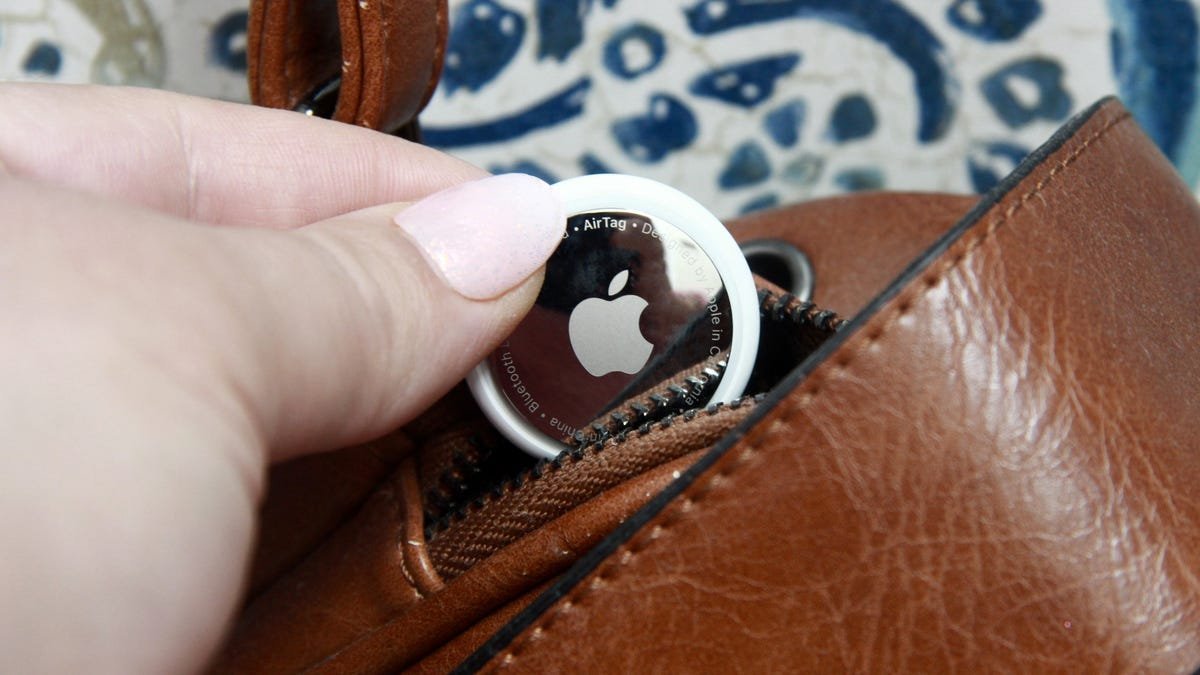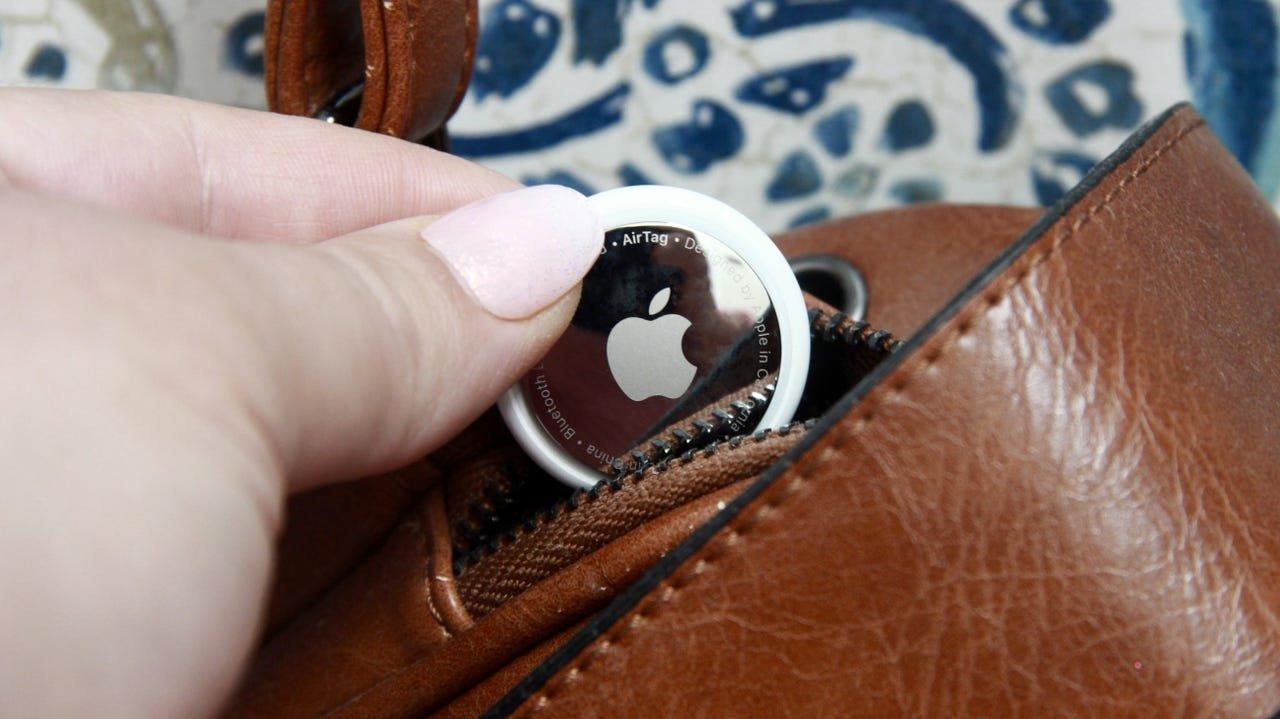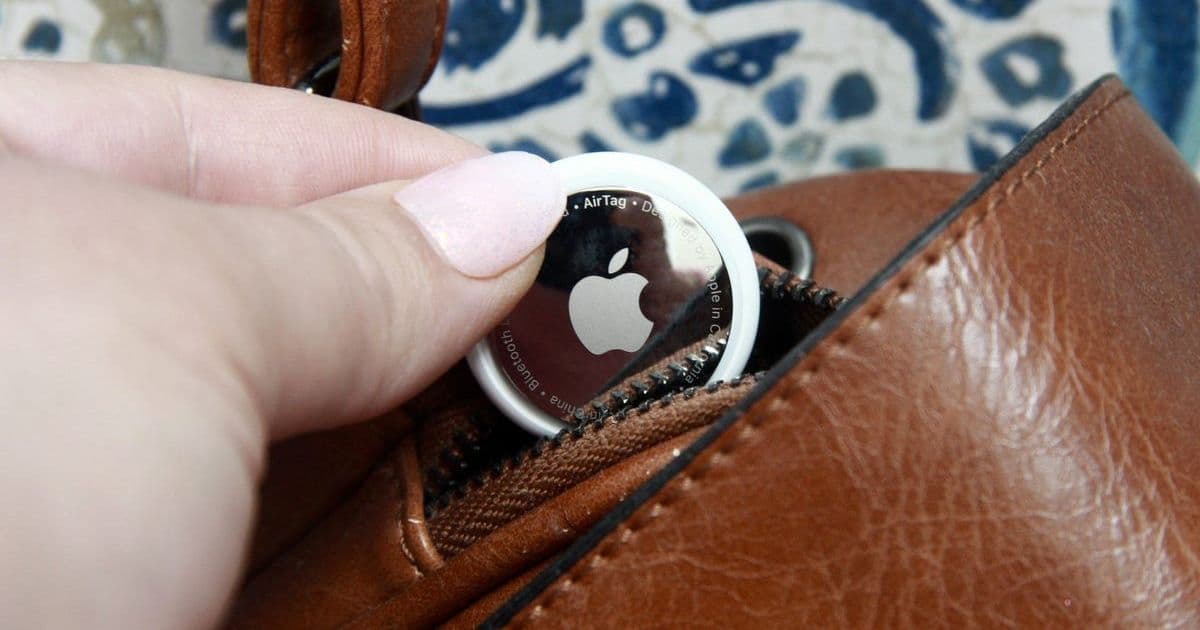A traveler's missing suitcase at LAX triggered an unexpected police operation when an Apple AirTag revealed its location in an abandoned building, exposing a thief wearing the victim's clothes. This surreal incident highlights both the power of consumer tracking tech and the evolving security landscape around it.

What began as a routine baggage claim wait at Los Angeles International Airport (LAX) spiraled into a scene ripped from a crime thriller. Daniel Scott, a West Hollywood resident, discovered his luggage missing after a flight from Salt Lake City. Instead of filing a standard lost-item report, he activated a digital sleuth: an Apple AirTag concealed in his bag. Within minutes, his iPhone's Find My app showed the suitcase moving toward the rideshare lot—then off airport property entirely.
"I immediately started sprinting to the Uber lot. Once I got there, I saw it was continuing to move across the street," Scott recounted to NBC Los Angeles. The tracker led him to an abandoned building near Sepulveda Boulevard and 98th Street. Unable to pinpoint the exact room, Scott alerted LAX police. What officers uncovered was surreal: Scott's luggage lay sliced open, his belongings strewn across multiple rooms, and one suspect detained—wearing Scott's own clothing.
How AirTags Turned the Tide
Apple's $29 Bluetooth tracker leverages a crowdsourced network of over a billion iOS devices to locate items. When an AirTag is separated from its owner, it anonymously pings nearby Apple devices, relaying its location via encrypted signals. Scott's case demonstrates this infrastructure's real-world efficacy:
1. **Precision Tracking**: AirTags use Ultra Wideband (UWB) tech for directional guidance ("Find Nearby" mode).
2. **Network Scale**: The Find My network’s density in urban areas enables real-time location updates.
3. **Airport Integration**: Major hubs like LAX now support AirTag data for baggage recovery.
 Apple AirTag (Credit: Maria Diaz/ZDNET)
Apple AirTag (Credit: Maria Diaz/ZDNET)
Privacy Paradox: Safety vs. Surveillance
While Scott’s story showcases AirTags as theft deterrents, their adoption has fueled privacy concerns. Criminals have weaponized the devices for stalking, prompting Apple to implement safeguards:
"We’ve partnered with Google and others to push alerts when unknown trackers follow you," an Apple security lead stated in 2024. "It’s a cat-and-mouse game—we continuously refine detection algorithms."
Recent updates include:
- Anti-stalking alerts: iPhones now notify users of unfamiliar AirTags moving with them.
- Android compatibility: Google’s Unknown Tracker Detector app identifies rogue iOS/Android tags.
- Speaker tweaks: Louder alarms trigger if an undetected tag is separated from its owner.
The Future of Tracking Tech
Apple’s AirTag successor, expected alongside the iPhone 17 launch, reportedly aims for:
- Extended battery life (beyond 1 year)
- Tamper-proof casing to prevent disabling
- Enhanced UWB precision for multi-floor tracking
As Bluetooth trackers become travel essentials, Scott’s ordeal underscores a critical lesson: Technology doesn’t just recover property—it can unravel criminal operations in real-time. Yet developers must balance utility with ethical design, ensuring location tools empower users without enabling abuse.
Source: ZDNET

Comments
Please log in or register to join the discussion